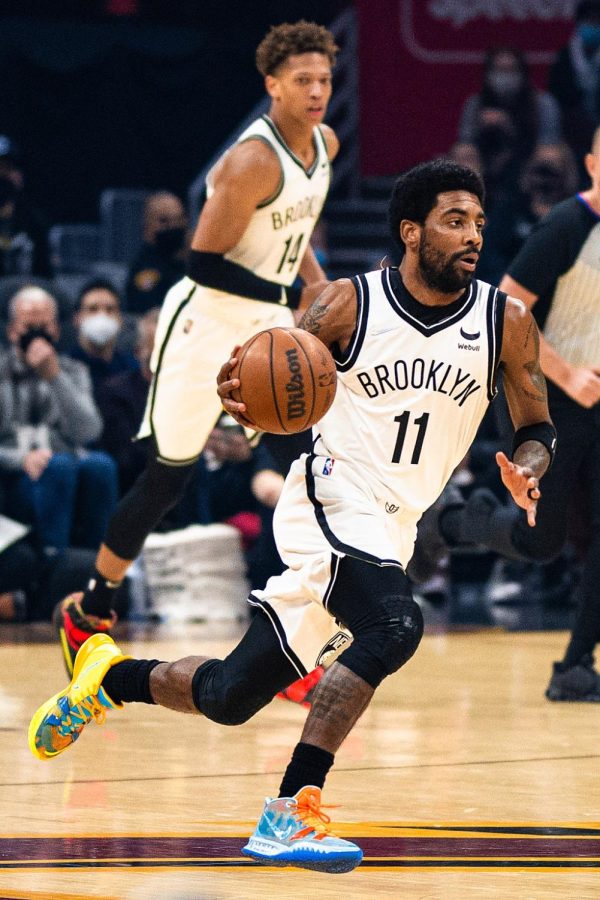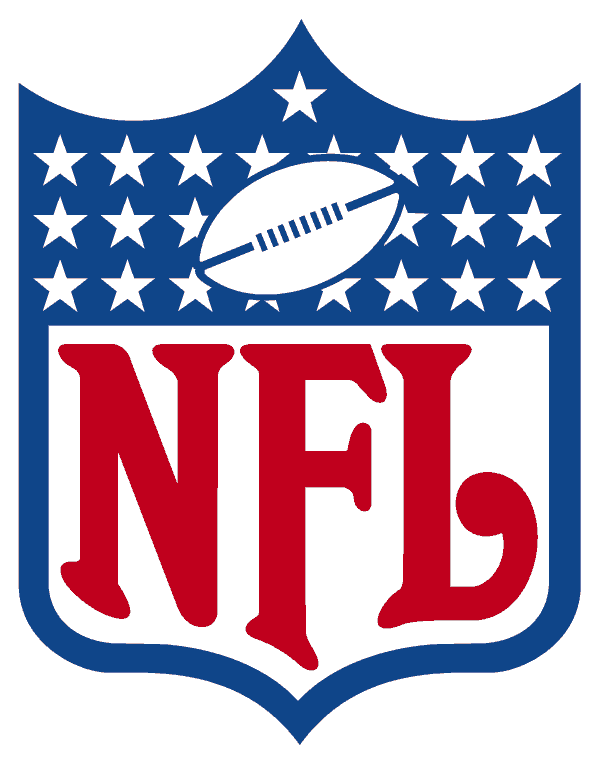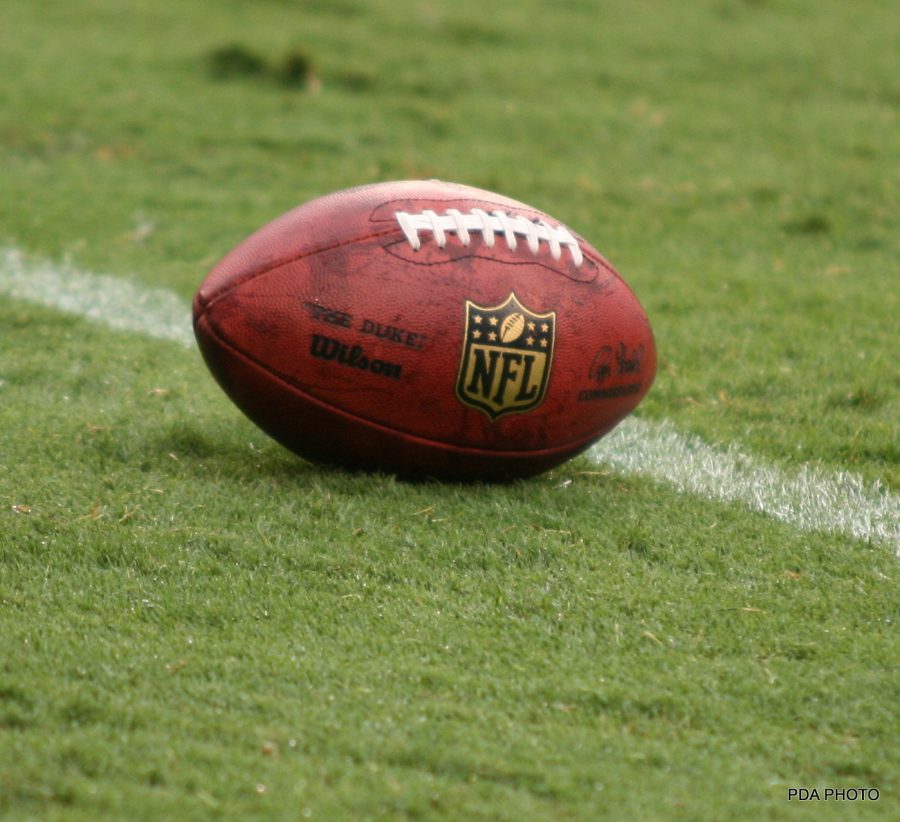 As a sports fan, I sincerely hope the NCAA’s New Year’s resolution was to make better decisions in 2011.
As a sports fan, I sincerely hope the NCAA’s New Year’s resolution was to make better decisions in 2011.
The 2010 year was filled with controversy and highly questionable rulings which seemed to pile up on the NCAA. It is safe to say the word to describe the NCAA in 2010 is inconsistent.
The most notable of those being Cam Newton, Auburn quarterback, who was ruled eligible after his father sought more than $180,000 for his son’s recruiting commitment out of junior college to Mississippi State.
The NCAA ruled Newton eligible on the notion that he didn’t know what his father was doing.
This ruling was met with huge controversy and opposition toward Newton and the NCAA.
Many sports analysts were critical of the decision due to the strong chance of potentially opening the door for future players to claim they didn’t know and get away with it.
The NCAA was met with another father-son eligibility case in 2010 when the University of Kentucky recruited Enes Kanter, freshman from Turkey.
According to ESPN senior college basketball writer Andy Katz,
Kanter was ruled permanently ineligible Nov. 11 for receiving “benefits above actual and necessary expenses while playing for a club basketball team in Turkey.”
Kanter was said to have taken more than $33,000 from a club team in Turkey from 2008-09 when he was just 16 years old. The NCAA allows athletes to compete on professional teams before enrolling in college. However, they aren’t
allowed to receive compensation above what the NCAA defines as necessary expenses, like housing or transportation to and from practice.
The University of Kentucky appealed thedecisiononDec.2, which was also denied. The case was resubmittedonDec.10after Cam Newton was ruled eligible.
Kentucky claimed Kanter wasn’t aware of the violation and felt as though Kanter deserved the same mercy that was shown to Newton.
The NCAA released a statement saying Kentucky’s new information did not change the “original statement of facts that had been agreed to by the university and the NCAA.”
Kanter was ruled permanently ineligible Jan. 7 and is now serving under Kentucky head coach John Calipari as an undergraduate student-assistant coach until the NBA Draft this June.
As if two major eligibility cases weren’t enough, the NCAA once again had its hands full when five Ohio State football players were suspended the first five games of next season because they sold championship rings, jerseys and awards, and they also received improper benefits from a tattoo parlor located in Columbus, Ohio.
Ohio State’s star quarterback, Terrelle Pryor, along with Dan Herron, DeVier Posey, Mike Adams and Solomon Thomas were ruled to sit out the first five games of the 2011 season.
This case became interesting because the players were not suspended for their final game of the 2010 season at the Allstate Sugar Bowl.
The NCAA ruled the five players eligible for the bowl game because the players claimed they weren’t aware that their discretions were against the NCAA’s rules.
Despite what is believe about each case, one thing can certainly be said for the NCAA — they are nothing if not consistent when it comes to making inconsistent decisions.





